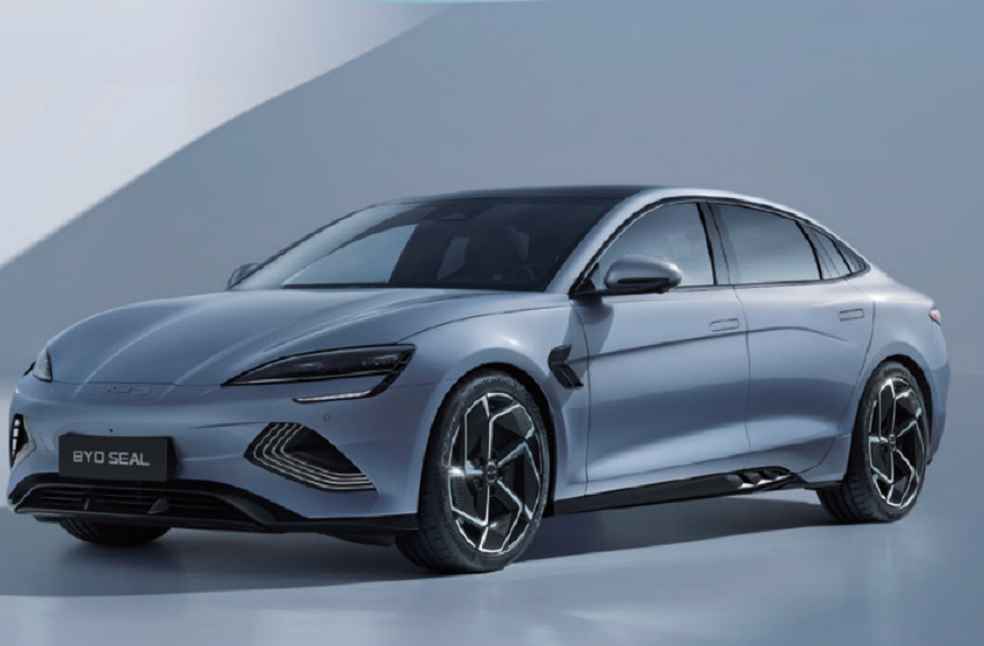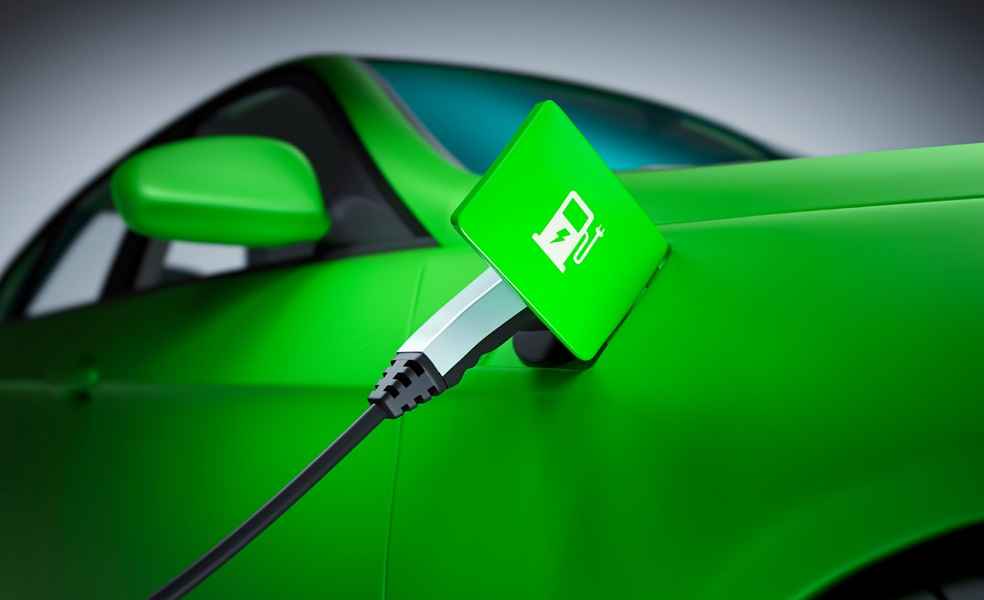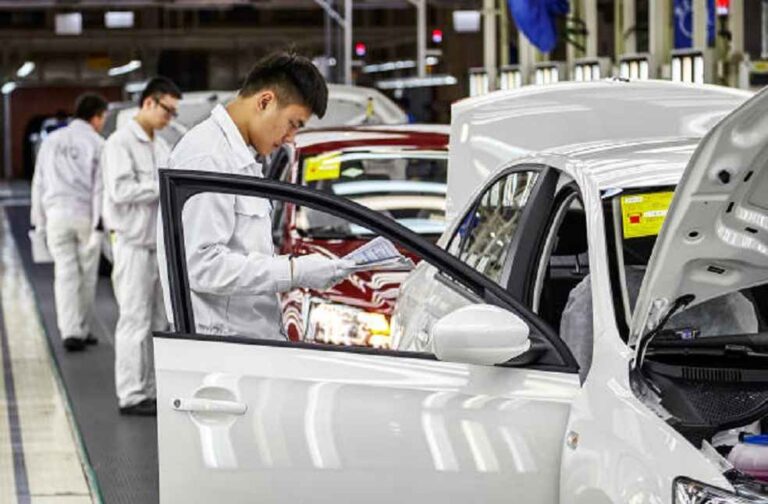Chinese automakers, with BYD leading the charge, are advancing assertively into the Australian electric vehicle (EV) market, leveraging favorable conditions, including government incentives and a burgeoning demand for environmentally friendly transportation solutions.
The proactive stance of the Australian government, spearheaded by Prime Minister Anthony Albanese, towards promoting EV adoption aligns with global efforts to curtail emissions, catalyzing a noticeable upsurge in EV sales. Data from the Federal Chamber of Automotive Industries reveals that EVs constituted 7.2% of new car sales in Australia in 2023, a considerable leap from 3.1% the prior year.
David Smitherman, CEO of BYD’s distributor in Australia, articulates the shifting dynamics of the EV market, transitioning from niche enthusiasts to the mainstream populace. BYD’s strategy to broaden its product range by introducing two SUVs and a pickup truck signifies a determined bid for deeper market penetration. Focusing on fleet sales to corporations like Uber and the expansion of dealership networks underscores a comprehensive approach to meet the escalating demand.

Additionally, SAIC Motor, the Chinese state-owned entity, plans to augment its Australian presence with the introduction of three new models under its MG brand, including plug-in hybrids and electric roadsters. This influx of investment from Chinese automotive firms into Australia is attracted by the country’s open market environment, devoid of protectionist trade barriers, and the government’s encouraging stance on EV adoption.
Contrary to the discord encountered in other markets over concerns related to state subsidies and cybersecurity with Chinese EV manufacturers, Australia presents a conducive environment. This receptivity has spurred competition, prompting traditional automakers like Ford and Toyota to intensify their engagement in the EV domain. Ford’s pledge to roll out more electrified vehicles and Toyota’s unveiling of its inaugural electric car, alongside its hybrid lineup, signals an expanding array of options for Australian consumers.

The entry of Chinese EV manufacturers presents a significant challenge to traditional automakers, especially those traditionally anchored in gasoline-engine vehicles. Initiatives by the Australian government, such as tax exemptions and substantial rebates for EV acquisitions, have profoundly influenced consumer decisions, encouraging individuals like Mark Adamson and Peter Alley towards electric vehicles, attracted by economic and environmental benefits.
Amidst this expansion, BYD has initiated construction of an EV manufacturing facility in Brazil, slated for operation by late 2024 or early 2025. Projected to have an initial production capacity of 150,000 units annually, this facility will prioritize models like the Dolphin hatchback and Song Plus SUV during its inaugural phase.
EV WORLD | Mitsubishi Partners with Frontier on Canadian Lithium Project





